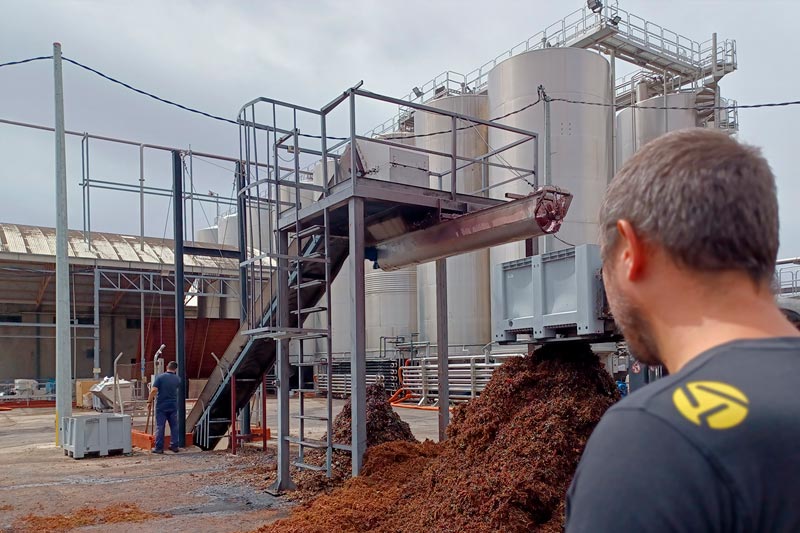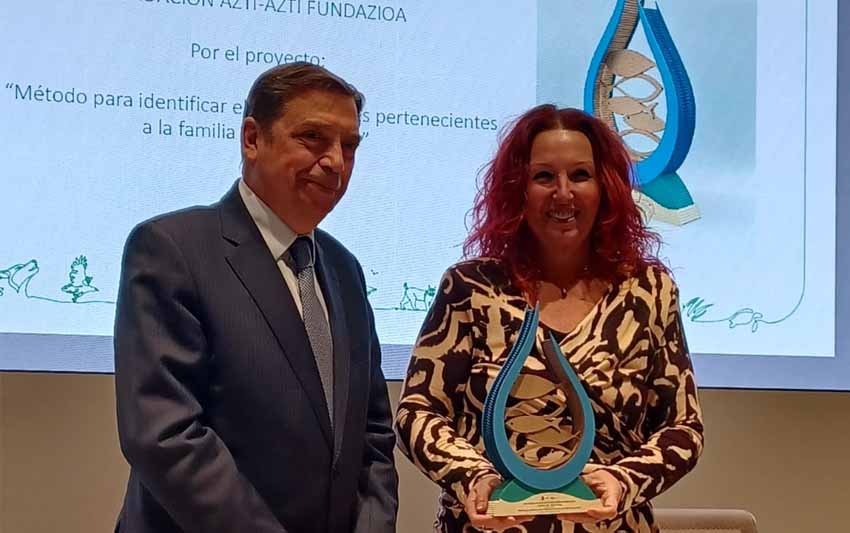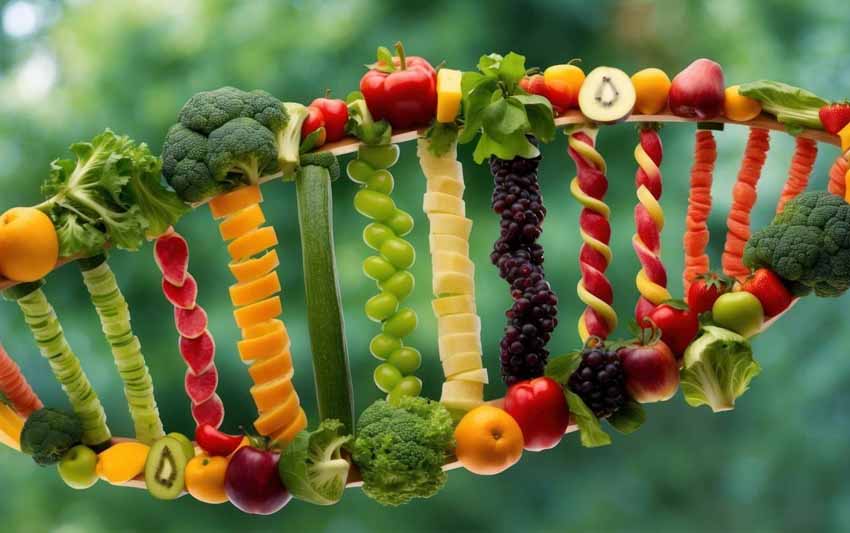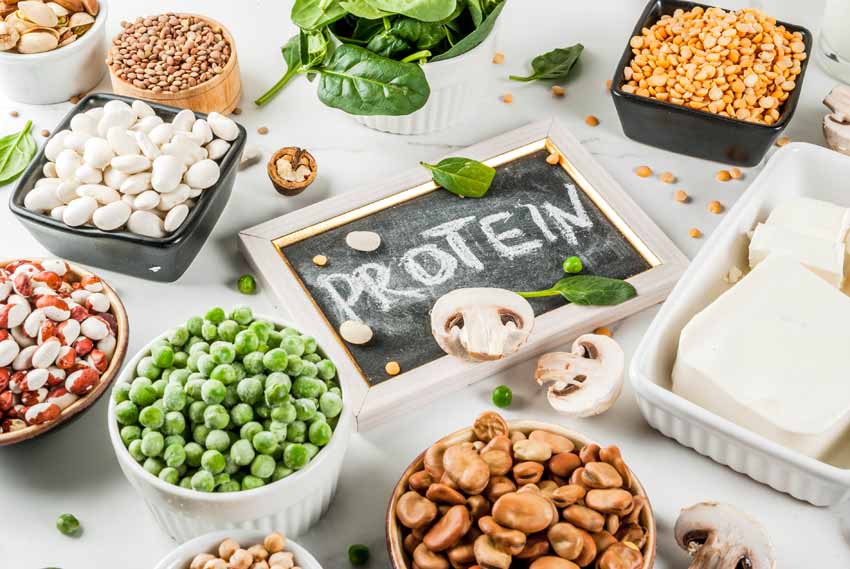Grapes, oranges and olives get a second life as local ingredients for animal feed
Últimas noticias
A pioneering genetic catalogue reveals hidden biodiversity in Basque estuary sediments
Uhinak Technical Committee Sets the Key Points for the 7th International Congress on Climate Change and the Coast
“We fishermen are the ones who earn the least”
- AZTI has coordinated the European project NEWFEED, bringing together 14 organisations from Spain, Greece and Egypt to transform local agri-food by-products into sustainable animal feed.
- Three validated value chains showcase the potential of the circular economy to cut waste, reduce costs and open new market opportunities for the livestock sector.
- With more than €2 million in EU funding through the PRIMA programme, the project concludes after four years with solutions ready for deployment across different Mediterranean contexts.
Bilbao, September 11, 2025 —Turning agri-food residues into high-value ingredients for livestock is now a reality. After four years of joint work, an international consortium of 14 partners has shown that by-products from grapes, oranges and olives can be transformed into sustainable, locally sourced (KM0) feeds, strengthening circular economy practices in the Mediterranean livestock sector.
Coordinated by the AZTI technology centre, the NEWFEED project has developed and validated these new local ingredients for ruminants and poultry. Through innovative processing and trials carried out both in the lab and on farms, the digestibility and nutritional profile of grape stems, orange peels and olive cake have been improved, enabling their inclusion in animal diets without compromising animal health or product quality.
“Using food-industry by-products as secondary feeds will transform livestock production into a more sustainable system, capable of meeting growing demand for meat, dairy and eggs across the Mediterranean,” says David San Martin, AZTI expert in food sustainability.

Three circular value chains
Working alongside agri-food companies and research centres, the consortium validated three value chains demonstrating how circular economy models can lower waste management and input costs while paving the way for innovative products such as functional supplements or enriched, sustainable feeds.
NEWFEED’s business opportunities were designed in three different Mediterranean regions: Spain, Greece and Egypt.
In Spain, coordinated by AZTI, the initiative involved the NEIKER technology centre, technology provider RIERA NADEU and Bodegas Baigorri to validate the use of grape stems as a feed ingredient for sheep and dairy cattle. In Greece, efforts focused on converting orange peel into protein for dairy sheep. In Egypt, olive cake was transformed into feed for broiler chickens.
“Each context presents different technical, economic and regulatory conditions. Successful future rollout will therefore require adapting solutions to local capabilities, fostering collaboration with key stakeholders, and providing decision-support tools such as methodological guides or digital platforms,” the AZTI expert adds.
Funded by the EU’s PRIMA programme with more than €2 million, NEWFEED brought together 14 partners from four Mediterranean countries, including Spain’s Confederation of Compound Feed Manufacturers (CESFAC), the Álava Farmers’ Union (UAGA), Bodegas Baigorri and Riera Nadeu.







